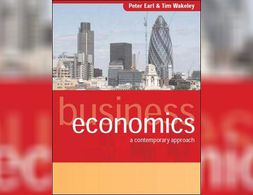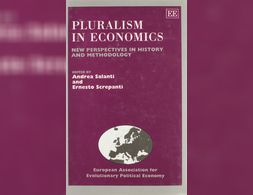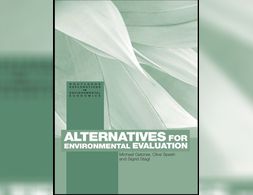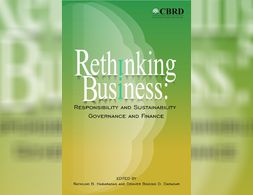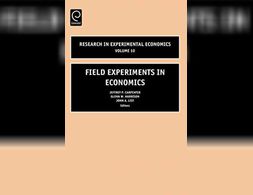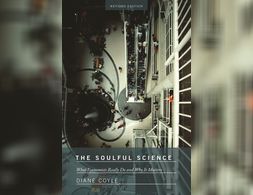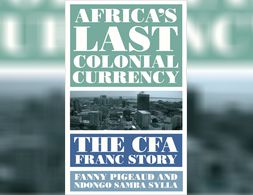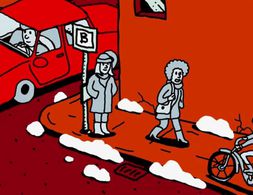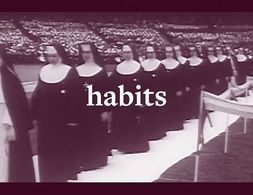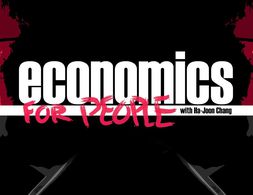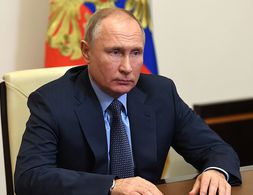✕
1136 results
Designed for both undergraduates and MBA students taking their first course in business economics, this text focuses on introducing students to economics as a framework for understanding business. It is structured around problems that decision-makers face, such as rejuvenating the firm in the face of declining demand.
Designed for a single-semester undergraduate course, this introductory economics textbook updates traditional macroeconomics to encompass twenty-first century concerns. In contrast to standard texts, the book starts with the question of human well-being, and then examines how economic activities can contribute to or detract from it.
This Encyclopedia is a very first fully refereed A-Z compendium of the main principles, concepts, problems, institutions, schools and policies associated with political economy. Part 1 of a 2-volume set comprises entries from A-K.
Contributors attempt to reconcile two major strands of thinking in economic methodology: the rhetoric of economics as advocated by Deirdre McCloskey, and the sociological approach.
Colanders Macroeconomics 11e is specifically designed to help today’s students succeed in the principles of economics course and grasp economics concepts they can apply in their daily lives.
Environmental cost-benefit analysis was developed by economists in the belief that monetary valuation of the environmental repercussions of economic activity is essential if the "environment " stands any chance of being included in government and business decisions.
Microeconomics: A Critical Companion offers students a clear and concise exposition of mainstream microeconomics from a heterodox perspective.
This book provides a comprehensive description of this intriguing new area of feminist economics. It includes discussion of what constitutes feminist economics and how feminist economics is different from other approaches
In Colonial Debts Rocío Zambrana develops the concept of neoliberal coloniality in light of Puerto Rico's debt crisis. Drawing on decolonial thought and praxis, Zambrana shows how debt functions as an apparatus of predation that transforms how neoliberalism operates.
Exploring Economics, an open-access e-learning platform, giving you the opportunity to discover & study a variety of economic theories, topics, and methods.
Exploring Economics, an open-access e-learning platform, giving you the opportunity to discover & study a variety of economic theories, topics, and methods.
Post-Colonialisms Today researchers Kareem Megahed and Omar Ghannam explain how early post-independence Egypt sought economic independence via industrialization.
Part I: Basic Economic Problems Is Economics a Science? Is It Useful? (Lawrence Boland, Ian Parker) Is There Such a Thing as a Free Market? (William Watson, Robert Prasch) Part II: Consumers and Firms Is Homo Economicus an Appropriate Representation of Real-World Consumers? (Joseph Persky, Morris Altman) Is the Consumer Sovereign?
The economics of worker cooperatives is a branch of economic inquiry with a long and esteemed pedigree, dating at least from the work of John Stuart Mill in the mid-nineteenth century.
Rethinking Business is a volume of thought-provoking researches that sets out to challenge the paradigm of business along the areas of governance, finance, corporate social responsibility, and sustainability.
The second edition of International Political Economy continues to be the perfect short introduction to the fundamental theories and issues of international political economy (IPE).
Experimental economists are leaving the reservation. They are recruiting subjects in the field rather than in the classroom, using field goods rather than induced valuations, and using field context rather than abstract terminology in instructions.
Introduces four of the most influential economists you'll never read in a modern economics class - Marx, Veblen, Keynes, and Galbraith.
Game theory is the standard quantitative tool for analyzing the interactions of multiple decision makers. Its applications extend to economics, biology, engineering and even cyber security.
For many, Thomas Carlyle's put-down of economics as "the dismal science" rings true--especially in the aftermath of the crash of 2008. But Diane Coyle argues that economics today is more soulful than dismal, a more practical and human science than ever before. The Soulful Science describes the remarkable creative renaissance in economics, how economic thinking is being applied to the paradoxes of everyday life.
Colonialism persists in many African countries due to the continuation of imperial monetary policy. This is the little-known account of the CFA Franc and economic imperialism.
Snow removal, ambulance transport, and school performance -the film aims at illustrating the principles of gender mainstreaming through concrete examples.
The podcast explores the psychosocial implications of poverty in the society. Keetie Roelen investigates how the emotion of shame and policy-making are intertwined.
Ricardo Hausmann says the new industrial policy is an information revelation process about the state of possibilities, the nature of the obstacles and figuring out whether you can sort out the obstacles so that these new activities can take over.
In this talk Robert Skidelsky analyses how sociology did and could enrich economic analyses, but also how critical sociological insights have been colonised by mainstream economics.
Economics has long been the domain of the ivory tower, where specialized language and opaque theorems make it inaccessible to most people. That’s a problem.
In this series of webinars, several researchers face different topics related to Degrowth. Money, health, Green New Deal, Anarchism, and many more.
This article considers the strengths of agent-based modelling and the ways that it can be used to help central banks understand the economy. These models provide a complement to more traditional economic modelling which has been criticised in the wake of the Great Recession.
This collection of videos offers a short introduction to ecological economics and its main differences with respect to environmental economics.
Tetteh Hormeku-Ajei, member of the Post-Colonialisms Today Working Group, provides insight on the history of primary commodity export dependence in Africa, and relates it to the difficulties African governments are facing finding necessary resources to tackle the COVID-19 pandemic.
In this interview Ilya Matveev discusses the social, political, economic, and ideological foundations of the Russian regime, to provide additional context about Russia’s geopolitical goals.
In this teaching pack, we look at the acquisition of Twitter by Elon Musk. In particular, we focus on what it means to take a company private and how the deal was financed.
We use cookies on our website. Click on Accept to help us to make Exploring Economics constantly better!

